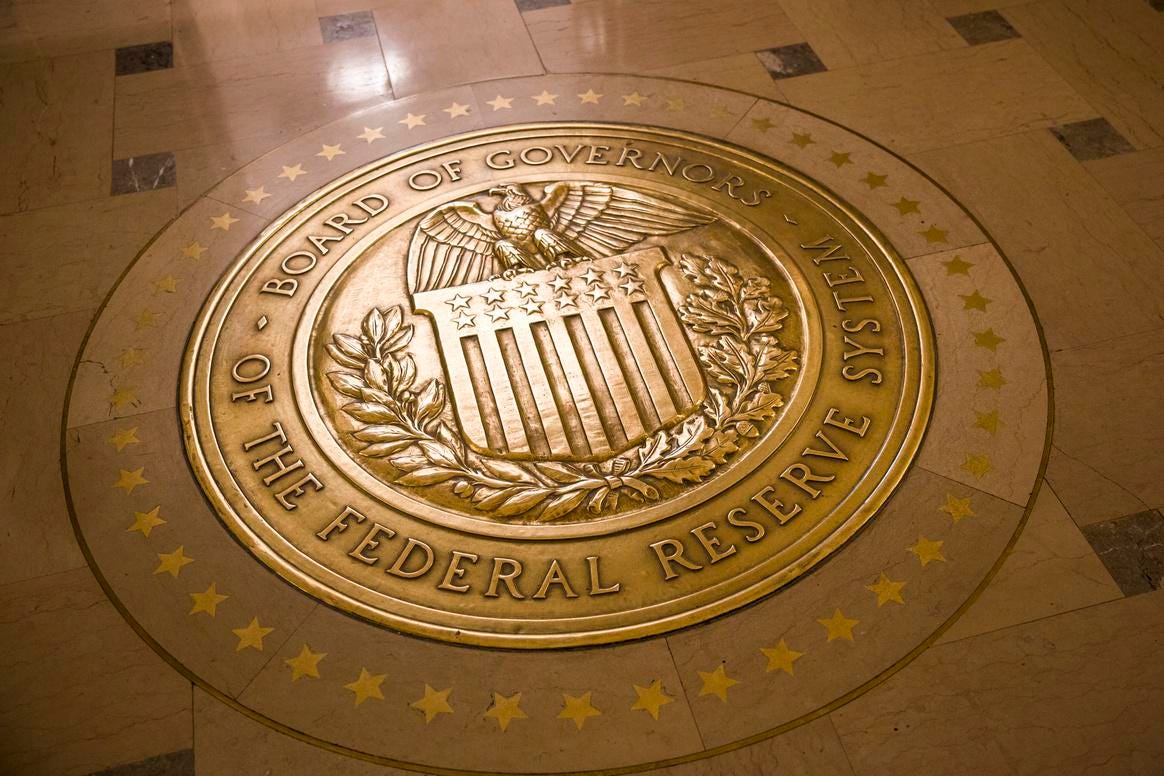An investigative report by the US Senate has found sustained efforts by the CCP to gain influence over the Federal Reserve System (the Fed) since at least 2013, and worst of all, the Fed has failed to combat this threat effectively.
To the Middle Kingdom, diplomacy is to tame peripheral states by coercing the kleptocrats via the 2000-year-old Jimi strategy (literal translation: to leash horses/cows) and infiltrate enemies from within.
True to Mao Zedong’s teachings, war is an extension of politics to the CCP, and hence warfare should be unrestricted, especially by the traditional kinetic framework used by the West.
Over the past week, the United States has once again gotten the bitter taste of being unknowingly leashed by the CCP. This angle of attack poses economic risks of the highest order to the free world, and yet the US has found itself unable to respond effectively or timely because the battleground is not kinetic.
An investigative report by the US Senate has found sustained efforts by the CCP to gain influence over the Federal Reserve System (the Fed) since at least 2013, and worst of all, the Fed has failed to combat this threat effectively.
The Federal Reserve, arguably the most powerful economic institution in the world, with a flick of finger can destroy or give life to countries and change billions of people’s livelihood around the world. Global bonds, stocks, real estate and assets of all kinds worth trillions of dollars dance in synchrony to the tune of the 8 FOMC meetings every year. No wonder some say the words of the Fed Chair carry more weight than the President of the United States.
The spotty economic projection track records of the Fed are the least of the worries, despite the inflation-beaten world now justifiably hyper-focused on the Fed’s every move and comment. The fact this unelected semi-governmental agency with minimal oversight, growing power as unassuming lawmakers keep adding to the Fed’s scope of work (such as ESG,) where decisions are made arbitrarily by 12 members make a perfect candidate for Jimi-style infiltration.
Denarius was debased before the mighty Roman military fell. Walls of Constantinople stood longer than the Byzantine Empire’s state coffer. CCP’s corruption of the Fed is part of the multi-phased currency war where democracies have the least defence or strategic awareness within the scope of a grander unrestricted warfare. If this battleground is lost, all others will not matter much.
Granted, the US dollar might lose its reserve currency status purely by Fed’s own doing where monetary policies have been pushed to the extreme. On the other hand, the fact is there has been a coordinated and diligent effort by the CCP and its allies over the past decade to initiate a currency war. Most recently, the US stepped straight into the trap set up by Russia via the war in Ukraine and made the world realise hard resources could carry more value than soft currencies (such as the USD).
However, not all hope is lost.
This key battle can be won if the US starts to implement whole-of-government, national security centric processes to domains outside of the traditional military apparatus. The Fed is a good place to start because the USD is still dominant, the reach of the Western financial power is far, and we can actually counter-attack not just sitting on dry dock.
Indeed, some democracies have fought back, in particular India under Prime Minister Narendra Modi. Had the US joined India in the Chinese app ban in 2020, CCP would have lost access to USD fundings it desperately needed in what turned out to be one of the most blockbuster years in capital raising for Chinese firms. That would have also saved countless American retail investors from the devastating financial loss from Didi or other CCP-controlled Chinese companies.
Had the US fully restricted pension savings from flowing into carrier-building conglomerates in China a decade ago, perhaps Freedom of Navigation in the South China Sea would have been more smooth today.
Critically, it is important to acknowledge the Fed as a tremendously important national security asset to the liberal order, despite its poor performance so far in this arena as uncovered by the congressional report. We got a glimpse of its potentials in early summer 2020. At the time, many countries stricken by Covid quickly ran into dollar shortages, and a financial crisis was all but guaranteed if it wasn’t for the Fed FIMA arrangements to extend lifeline to key ally countries. China was not on the list and critical fundings got tight briefly.
Frankly, the USD is already weaponized via sanctions with lots of adverse side-effects; why not instead weaponize the Fed in examples above where the cost-benefit balance could be far superior for the US?
The question is do the United States and its allies have the strategic awareness and will to turn the Fed from a current liability to a future asset?
James Lee is a financial ant based in the US and Taiwan.

